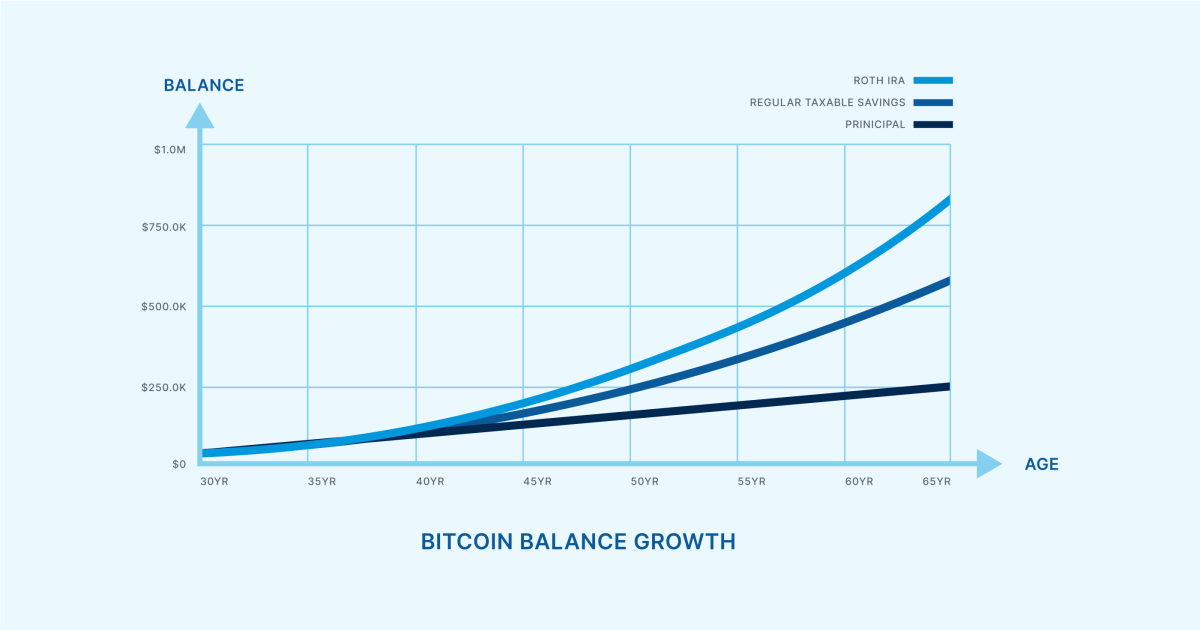Round one in 5 British individuals of working age (16-64) are actually exterior the labour market. Neither in work nor in search of work, they’re formally labelled as “economically inactive”.
A few of these 9.2 million individuals are in schooling, with many college students not energetic within the labour market as a result of they’re learning full-time. Others are older staff who’ve chosen to take early retirement.
However that also leaves a big quantity who are usually not a part of the labour market as a result of they’re unable to work. And one key driver of financial inactivity in recent times has been sickness.
This enhance in financial inactivity – which has grown since earlier than the pandemic – is not only harming the economic system, but additionally indicative of a deeper well being disaster.
For these struggling unwell well being, there are actual constraints on entry to work. Folks with health-limiting circumstances can not simply slot into jobs which are out there. They need assistance to handle the sicknesses they’ve, and to re-engage with work via organisations providing supportive and wholesome work environments.
And for different teams, equivalent to stay-at-home mother and father, companies want to supply versatile work preparations and subsidised childcare to help the transition from financial inactivity into work.
The federal government has a job to play too. Most clearly, it might enhance funding within the NHS. Rising ranges of poor well being are linked to years of under-investment within the well being sector and financial inactivity won’t be tackled with out extra funding.
Carrots and sticks
In the interim although, the UK authorities seems to desire an strategy which mixes carrots and sticks. Within the March 2024 price range, for instance, the chancellor lower nationwide insurance coverage by 2p as a means of “making work pay”.
However it’s unclear whether or not small tax modifications like this may have any impact on attracting the economically inactive again into work.
Jeremy Hunt additionally prolonged free childcare. However once more, questions stay over whether or not that is enough to take away boundaries to work for these with parental duties. The excessive price and lack of availability of childcare stay key weaknesses within the UK economic system.
The profit system in the meantime has been designed to push individuals into work. Advantages within the UK stay comparatively ungenerous and exhausting to entry in contrast with different wealthy nations. However labour shortages gained’t be solved by merely forcing the economically inactive into work, as a result of not all of them are prepared or capable of comply.
It’s also price noting that work itself could also be a explanation for unhealthy well being. The notion of “unhealthy work” – work that doesn’t pay sufficient and is unrewarding in different methods – can result in financial inactivity.
There may be additionally proof that as work has change into extra intensive over current a long time, for some individuals, work itself has change into a well being threat.
The pandemic confirmed us how sure teams of staff (together with so-called “important staff”) suffered extra unwell well being resulting from their higher publicity to COVID. However there are broader developments in the direction of decrease high quality work that predate the pandemic, and these developments counsel bettering job high quality is a crucial step in the direction of tackling the underlying causes of financial inactivity.
Freedom
One other huge part of the economically energetic inhabitants who can’t be ignored are those that have retired early and intentionally left the labour market behind. These are individuals who need and worth – and crucially, can afford – a life with out work.
Right here, the results of the pandemic could be seen once more. Throughout these years of lockdowns, furlough and distant working, many people reassessed our relationship with our jobs. Modified attitudes in the direction of work amongst some (principally older) staff can clarify why they’re now not within the labour market and why they might be unresponsive to job gives of any variety.
Alex Yeung/Shutterstock
And possibly it’s from this viewpoint that we must always finally be taking a look at financial inactivity – that it’s really an indication of progress. That it represents a transfer in the direction of freedom from the drudgery of labor and the power of some individuals to stay as they want.
There are utopian visions of the longer term, for instance, which counsel that particular person and collective freedom might be dramatically elevated by paying individuals a common fundamental revenue.
Within the meantime, for loads of working age individuals, financial inactivity is a direct results of unwell well being and illness. So it could be that the degrees of financial inactivity proper now merely present how far we’re from being a society which really helps its residents’ wellbeing.


:quality(70):focal(614x606:624x616)/cloudfront-eu-central-1.images.arcpublishing.com/irishtimes/XUEDVPN4RJHLLIP3QOY2CTKZZ4.jpg)



:quality(70):focal(830x737:840x747)/cloudfront-eu-central-1.images.arcpublishing.com/irishtimes/D4ABPOQHJVB3ZLXZKEJGMZLQPM.jpeg)
















